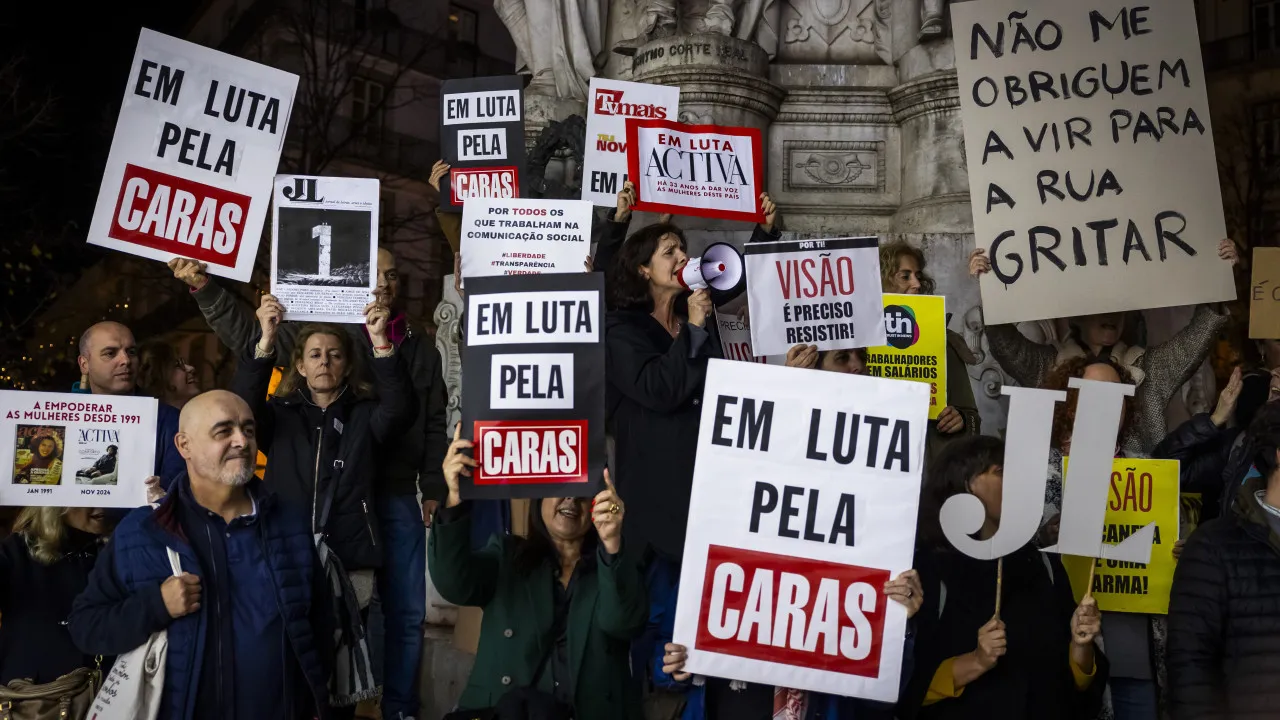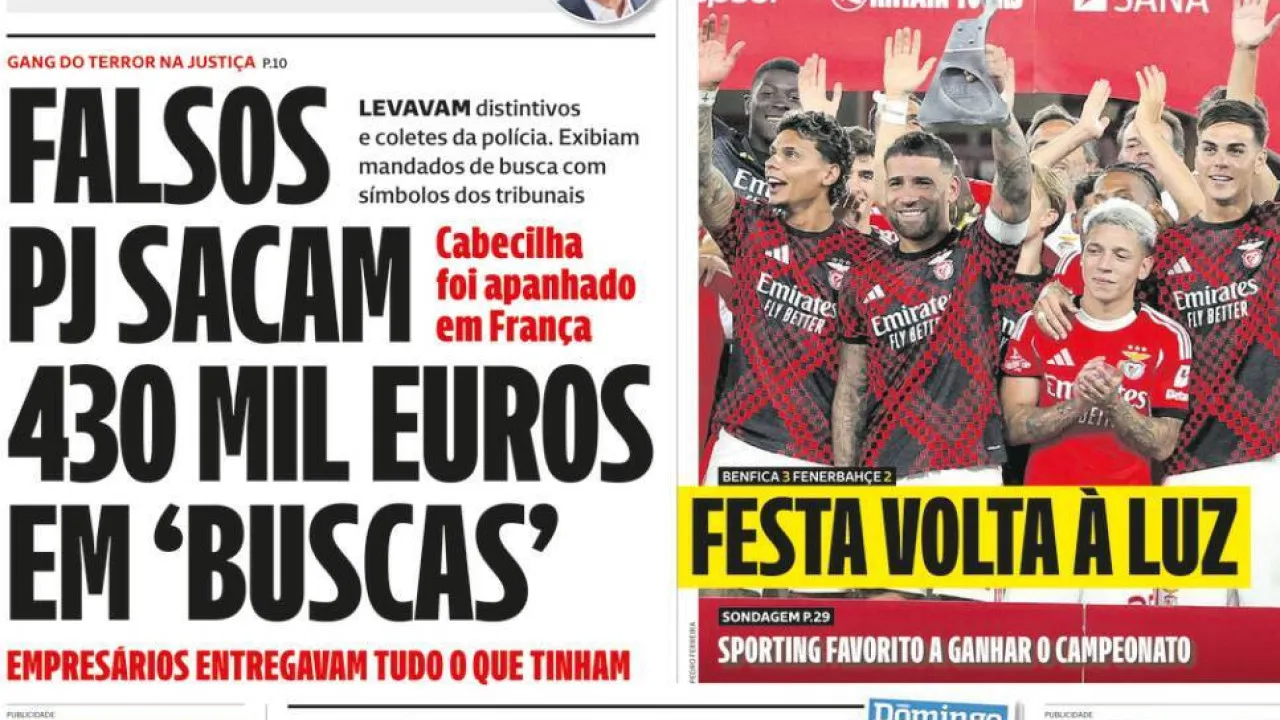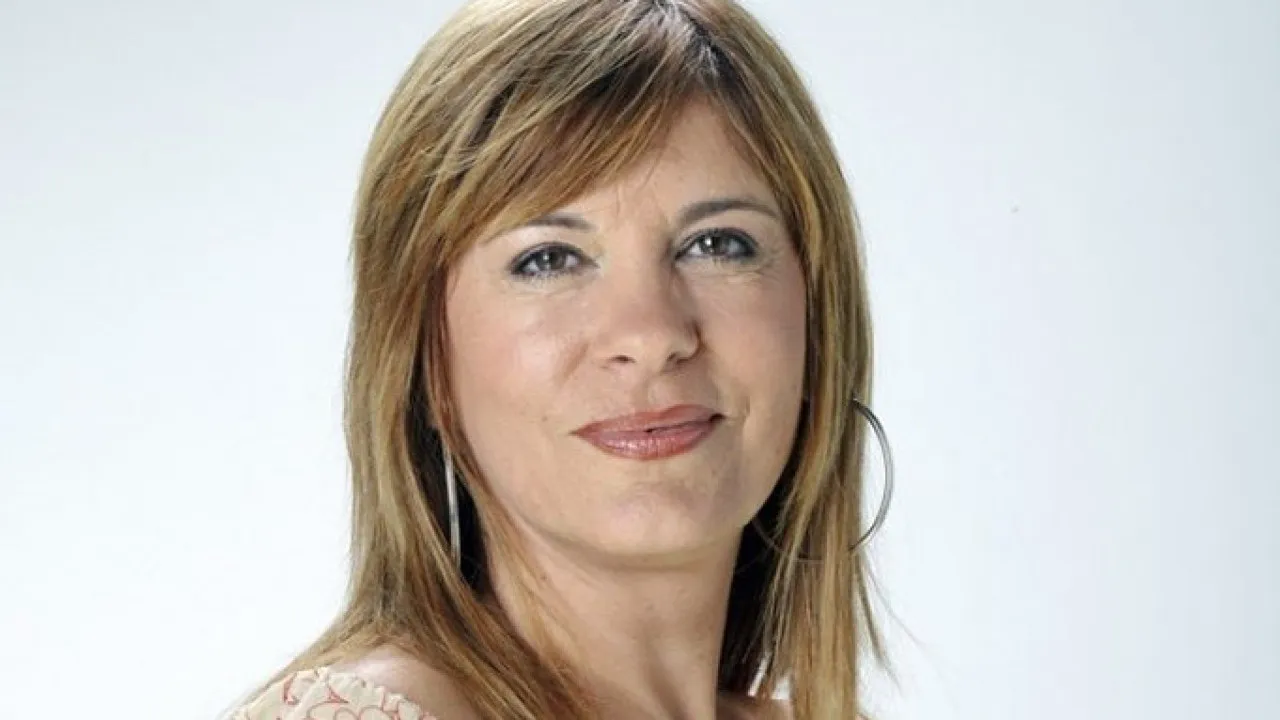
The World Music Festival (FMM), organized solely by the municipal chamber for 25 years, annually attracts around 100,000 spectators to Sines for numerous concerts featuring musicians from various regions and genres.
“Culture is not just entertainment for those with nothing to do; it’s a right of the population, regardless of which party is in power,” says Brazilian artist Bia Ferreira, performing at FMM for the second time.
“Culture is what builds a people; a people without culture are dead,” emphasizes the 32-year-old singer, who was a child when the festival began but recognizes that FMM has made Sines “known as a city that loves culture” and that “it would be very sad” if this were lost.
Socialist Nuno Mascarenhas, successor to Manuel Coelho, the creator of FMM in 1999 two years after being elected mayor by CDU, cannot run again for mayor of Sines, a city where Chega won the legislative elections in May.
“It would not look good on the resume of a mayor to bury this festival,” notes Capicua, who performed in this edition and also attends the festival as a spectator.
“This is one of the most interesting festivals we have on the national scene, due to its loyal audience,” says the Portuguese artist, describing the program as “very interesting” in a market-driven context, highlighting that “the whole city mobilizes” for an annual meeting of “celebrating difference”.
The FMM also focuses on gender parity among male and female artists, “which is also a rarity” in the national context.
“It would be an inestimable loss not only for Sines but for the country if this festival were discontinued,” she stresses.
A newcomer to the “incredible” FMM, Portuguese artist Lena d’Água says she was moved by the artistic richness showcased in a video marking the festival’s 25th anniversary, which encompasses Sines and its extension to Porto Covo over the years.
“This audience is wonderful, spectacular, dancing, smiling, singing, saying things,” she described, recounting the end of her performance “in the late afternoon, [when] above the sun was already descending that beautiful little light”.
“If I didn’t have old dogs that need me, I would still come here to spend a few days,” she commented, hoping that “the festival continues” with the next administration.
At the castle of Sines, Lena d’Água performed songs from before FMM even existed. “Memory has always been important to me. A people without memory is a people without roots, and a people without roots is a people that has no grounding, is not attached to the land, has no solidity,” she asserts.
The FMM “is grand,” and Bonga contributed his part to the “festival of diversity” in a “world that is a mess”.
At nearly 83 years old, Angolan singer Bonga came to perform at FMM, drawn to events “that have indeed a lot of significance, a lot of representativeness,” and to satisfy an audience that has followed him for over 50 years.
Another seasoned musician, Mozambican Roberto Chitsonzo, highlights “the symbolism” of a festival that brings together artists from various continents in a spirit of coexistence.
The FMM is a space where he feels comfortable and where the Portuguese-speaking community is also represented. “To party, to celebrate, to elevate our cultures and bring what is most beautiful from our countries,” he highlights.
For instance, this edition featured the funaná from Cape Verde, which boasts one of the largest communities in Portugal in Sines.
Passed down from generation to generation, funaná is now carried on by Letício Ferreira Vaz and brothers Adelino and António, who form the trio Fidjus Codé di Dona and are already teaching their children and nephews.
“We will not stop, so it will continue, so it doesn’t die,” emphasizes Letício, known as Tinho, aiming to “open doors” to showcase funaná to the entire world.
The 25th World Music Festival edition ends today, with fireworks and nine concerts, including performances by Portuguese bands Miss Universo and Bateu Matou.




